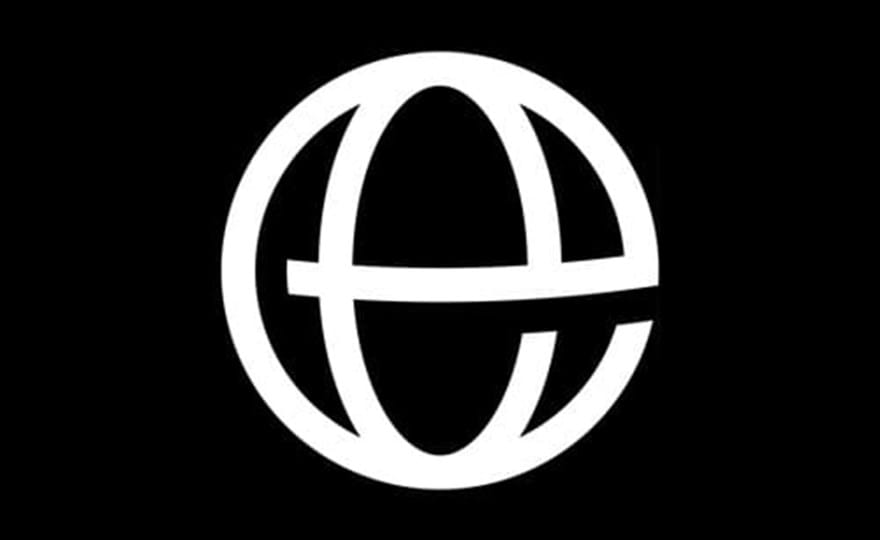ClientEarth Communications
24th July 2019


The EU can help tackle deforestation, environmental harm and human rights abuses by introducing mandatory due diligence – rules which require companies to identify and prevent the negative impact of their operations and supply chains.
ClientEarth legal experts have teamed up with Global Witness to produce a briefing for EU policy-makers outlining how greater scrutiny of business practices, imports, production and investments will greatly improve protections for people and the planet.
Due diligence is a comprehensive appraisal that businesses should undertake to avoid, prevent and address adverse impacts of their operations, suppliers and investments. In our globalised world, consumption and investment have driven and accelerated environmental destruction in some of our most precious and fragile landscapes.
The ClientEarth and Global Witness briefing, Strengthening Corporate Responsibility, calls for due diligence to be mandatory, because guidelines and voluntary approaches are currently failing to prevent widespread environmental destruction.
Clotilde Henriot is a senior law and policy advisor in our London office. She says: “Without strong regulation, environmental and human rights concerns are often secondary for businesses focused on their commercial interests. However it’s no longer possible to ignore the urgency of the current ecological and biodiversity crises we face. European decision-makers have the opportunity to make sure companies start considering these factors in their business decisions, if due diligence is a mandatory requirement.”
The briefing’s key recommendations for laws governing companies either based in or supplying to the EU include:
• Requiring companies to undertake detailed investigations that include introducing processes and systems to identify, assess and prevent risks – across their entire supply chain
• Standards to assess and deal with risks and impacts, including legality, environmental harm and human rights, referencing international standards
• Ensure standardised full disclosure and transparency through regular public reporting on supply chain due diligence policies and practices available on companies’ websites
• Effective, proportionate and dissuasive system of penalties to ensure compliance
Clotilde said the briefing drew on lessons learnt from Global Witness and ClientEarth’s combined experience of due diligence in operation across a range of sectors.
“The long-awaited publication of the EU’s deforestation policy paper is the perfect opportunity for the EU to show global leadership by taking concrete action to tackle deforestation, environmental harm and human rights abuses,” she said.
“By introducing mandatory due diligence we can help companies identify, mitigate and prevent risks and lessen the impacts of their business decisions on the environment, human rights and democracy.”